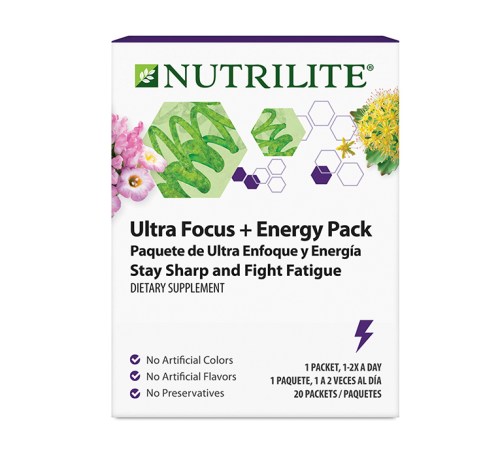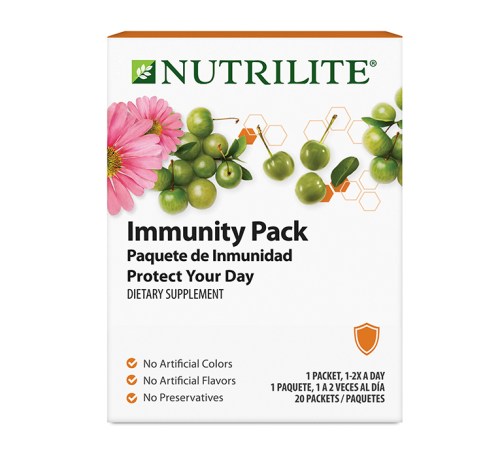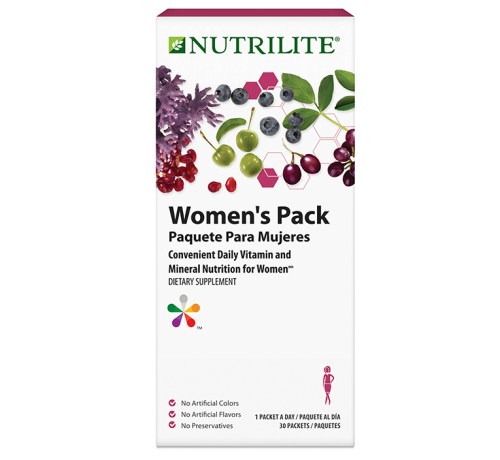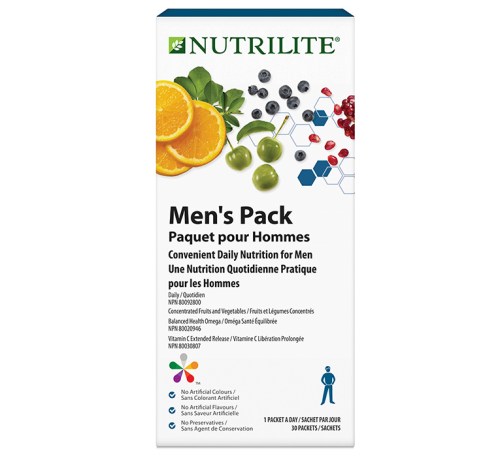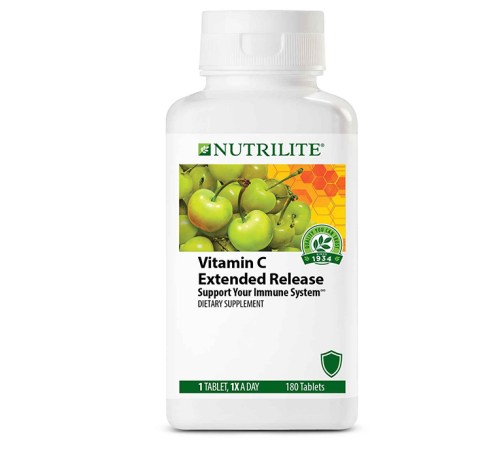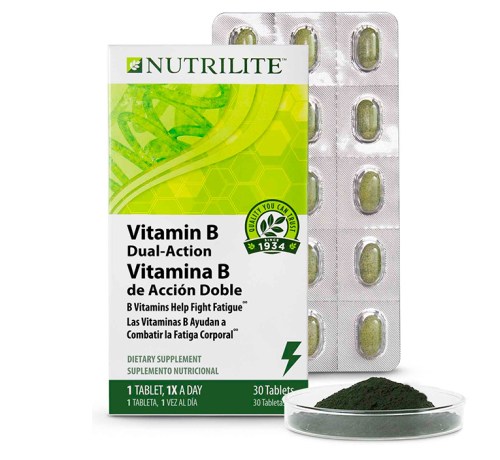Do You Know Where the Ingredients in Your Supplements Are Grown? Here’s Why You Should Definitely Look Into It
That process can apply to pretty much every piece of produce on your grocery list, but do you run your supplements through the same wellness litmus test?
Similar to fruits and veggies that supply your body with nutrients to power you through, well, life—supplements deliver nutrients that, newsflash: are often sourced from plants. So don't you want to know whether those ingredients are grown in such a way that they'd pass your grocery store inspection?
Do you run your supplements through the same wellness litmus test as your fruits and veggies?
"Since supplements are not regulated the same way pharmaceuticals are, it’s important to know yours have been tested for quality standards such as identity, potency, and contaminants," says Adrienne Dowd, RD and health coach. "Making sure your supplement has been tested and verified for quality can ensure that what is on the label is actually what’s in the bottle." (The reason we have trust issues, tbh.)
If you notice there isn't a mention of where a product was grown, you might want to skip over that bottle because Dowd says, "manufacturers that source from quality locations are generally proud to display this information on the label." It's like people who do CrossFit—you never have to ask what they do for exercise.
Nutrilite™ by Amway takes ingredient selection to the next level—since Nutrilite owns the certified organic farms where the ingredients are grown, there's no guessing game of where the nutrients are coming from. Plus, every ingredient is run through a nine-step process that traces botanicals from seed to supplement to ensure they're pure, safe, and effective. Helping us manage our trust issues, one supplement at a time.
Keep reading for more on why you should do your research on supplement ingredients.

Make sure you actually need it
This one's a biggie, according to Dowd. If you don't evaluate what's actually in your supplements before adding them to your twice-daily routine, you won't know if you're wasting your time on ingredients that you don't really need for upping your wellness game.
"There's no sense in spending money on things you don’t need," Dowd says, which is where phytonutrient examination comes into play. Phytonutrients are substances in plants that can help support your health, and different colors are linked to different benefits (i.e. orange fruits and veggies help promote eye health).
By knowing which phytonutrients help with the health concern you're looking to tackle, you'll be better equipped to pick the right supplements for you. For example, if you're hoping to boost your immunity, try incorporating vitamin C and echinacea into your supplement regimen. Or, if the dark winter days feel extra draining, add vitamin B-12 for a kick of energy.
Even more helpful for your "will this supplement actually work?" search is opting for ones like Nutrilite, which runs thousands of tests on the selected botanicals before they ever hit shelves to make sure they're delivering the desired health benefits.
Confirm it's high-quality
We've established that you wouldn't immediately reach for the most wilted bunch of kale in the store, but since you can't pinpoint the quality of a supplement by simply giving it a once-over, it requires a teensy bit of research to determine if it's brown-apple-equivalent.
"Taking that extra step to source each ingredient could be beneficial in learning more about the product you are taking and regions where those plants are grown," Dowd says. "That being said, most people don’t want to spend a ton of time researching each ingredient. Therefore, it can be beneficial to find brands that you know are tested for quality and that you know you can trust."
Nutrilite's nine-step traceability process comes in clutch if you're not a fan of research, because it covers off every step of the supplement's journey—from picking out the seeds (each one literally gets a birth certificate), to creating the packaging and everything in between. Fact: Due diligence always pays off.
shop supplements
Sponsored by Nutrilite™
Top photo: Getty Images/AsiaVision
Loading More Posts...
